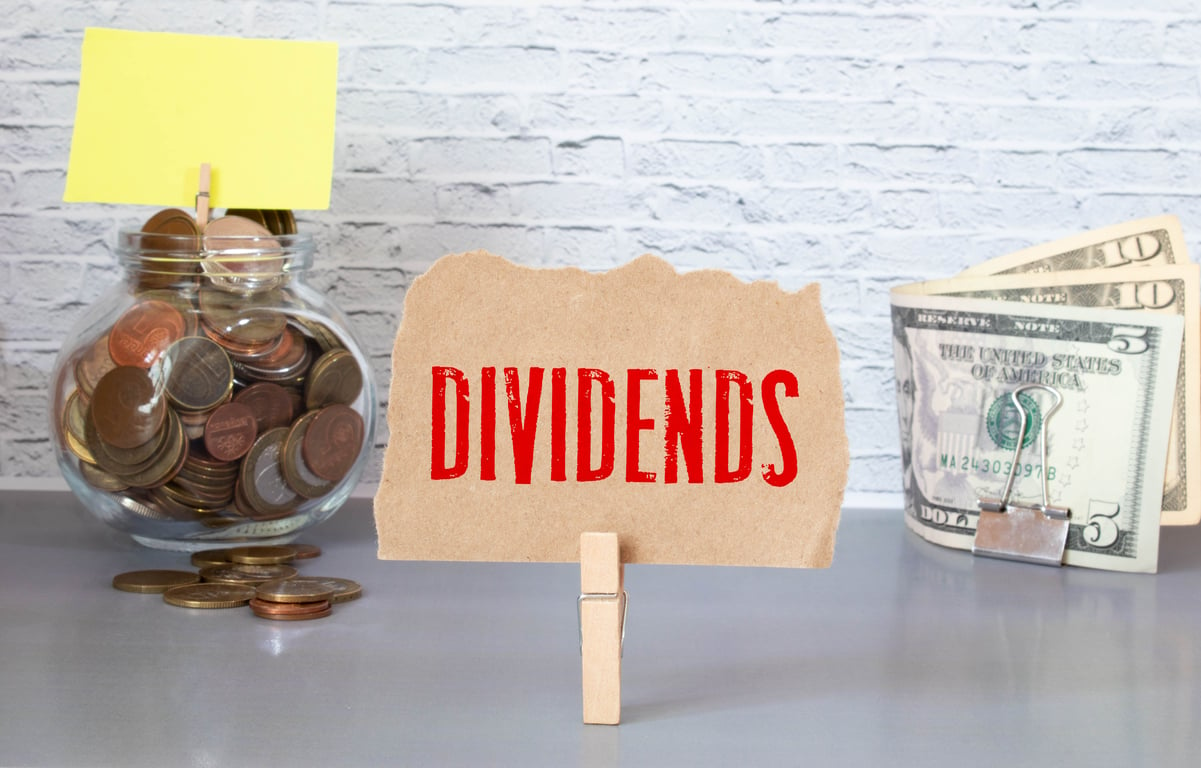Healthcare stocks aren't necessarily the dazzling investments that tech companies or other growth-oriented stocks can tend to be. However, one of the reasons I love investing in healthcare stocks so much is the fact that these companies tend to generate steady growth in a wide variety of markets. From pharmaceutical medicines to household name brand items, the products these companies make are the ones that people always need and use on a year-round basis.
And while healthcare stocks don't always beat the market, the combination of consistent growth, resilient returns, and dividends they often offer are an incredibly attractive combination for investors to consider. Let's take a look at two top healthcare stocks you can buy now and easily hold onto for the next decade or longer.
1. Bristol Myers Squibb
Bristol Myers Squibb (BMY +0.18%) bears the distinction of being the seventh-largest pharmaceutical company in the world by sales. In 2021, the company raked in $46.4 billion in total revenue, up 9% from the prior year.
Well over half of the company's 2021 revenue was derived from three of its top-selling products. These blockbusters are Revlimid (a multiple myeloma drug), Eliquis (an anticoagulant), and Opdivo (a cancer drug). The three drugs alone brought in respective full-year revenue of $12.8 billion, $10.8 billion, and $7.5 billion, representing increases of 6%, 17%, and 8% compared to 2020.
But Bristol Myers' impressive portfolio has plenty of other sources of income on which to rely, with a vast lineup of products including hematology, oncology, and immunology drugs.
For example, the chemotherapy drug Pomalyst, which Bristol Myers added to its portfolio following its acquisition of Celgene in 2019, raked in $3.3 billion in sales in 2021 alone, a 9% increase from the prior year. Another one of Bristol Myers' top-selling drugs, a monoclonal antibody medication called Yervoy, produced $2 billion in sales in 2021, up 20% year over year.

NYSE: BMY
Key Data Points
And in the most recent quarter, the healthcare stock grew its top and bottom lines by 2% and 27%, respectively. Bristol Myers may not be a stock you turn to for lightning-fast growth. However, its portfolio faces consistent, high demand, which has translated to balance sheet growth as well as healthy investor returns. Over the last three years, the stock has delivered a total return of nearly 50%.
Given all that, when you take Bristol Myers' above-average dividend yield into account (just over 3% compared to the S&P 500's average of 1.7%), this unstoppable healthcare stock is certainly worth considering for a long-term buy-and-hold position.
2. Johnson & Johnson
The prior stock may not be a household name, but Johnson & Johnson (JNJ 0.31%) most certainly is. With a company history going all the way back to 1886, a mammoth portfolio of consumer goods, pharmaceutical, and medical device products, and a track record of not only maintaining but increasing its dividend payout for six decades and counting, there are more than a few reasons to love this Dividend King. The stock currently yields 2.7% for investors.
Whereas the previous stock is among the top 10 pharmaceutical companies in the world, Johnson & Johnson sits atop the list with the number one spot. The company recorded a stunning $94 billion in revenue in 2021 alone, representing growth of nearly 14% from the prior 12-month period.
Its net earnings also surged 42%. This top and bottom line growth was fueled by respective sales increases of 4%, 14%, and 18% in the company's consumer health, pharmaceutical, and medical device segments.
Johnson & Johnson's consumer health business sells well-known products like Tylenol, Motrin, Benadryl, Aveeno, and Listerine. The company's medical device segment makes everything from operating room tools to the plates and screws used in orthopedic procedures. And its fastest-growing segment, its pharmaceutical business, develops and manufactures products targeting everything from infectious diseases to pulmonary hypertension.

NYSE: JNJ
Key Data Points
The company is preparing to split its consumer health business from its pharmaceutical and medical device businesses within the next year, following an announcement of their intention to do so in late 2021.
If you're invested in Johnson & Johnson at the time of the split, you will also be invested in the outcome of the split, which will be two publicly traded, dividend-paying entities. While these businesses are certainly on very different growth trajectories, the products they make, whether it be fever medicine or cancer drugs, all generate consistent demand that doesn't change with economic cycles.
How has Johnson & Johnson performed for investors? Well, over the past decade, the stock has generated a total return of 202%. That's not too shabby, particularly when you consider the the S&P 500 has delivered a return of 213% -- only slightly above that -- in the same period.
Johnson & Johnson isn't a high-growth stock, but then few large healthcare companies are. If you're an investor seeking a safe company with a history of growth that has the products and competitive advantage to sustain it well into the future, and a rock-solid dividend to boot, Johnson & Johnson could make an excellent addition to your long-term portfolio.





